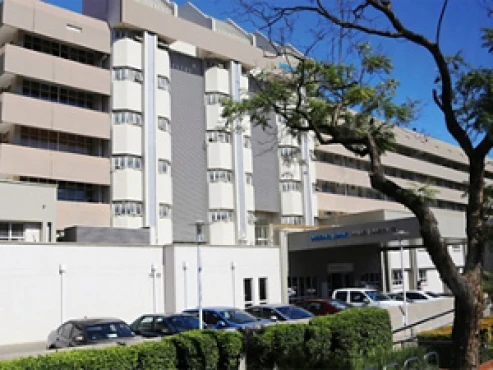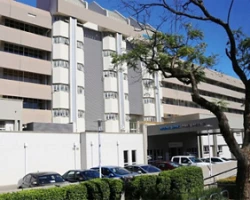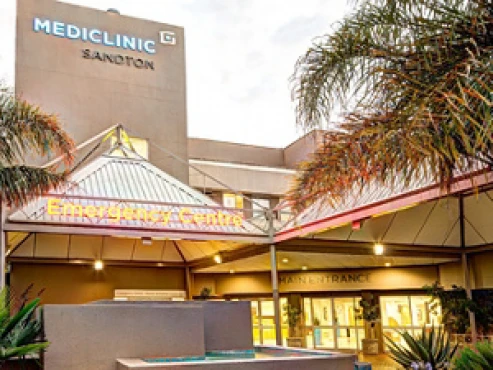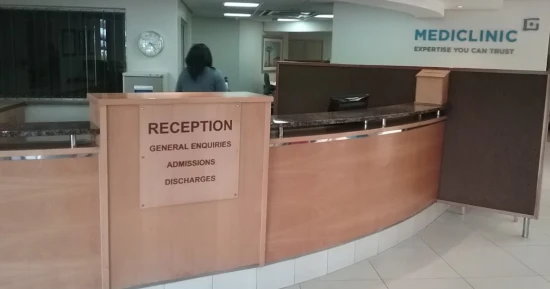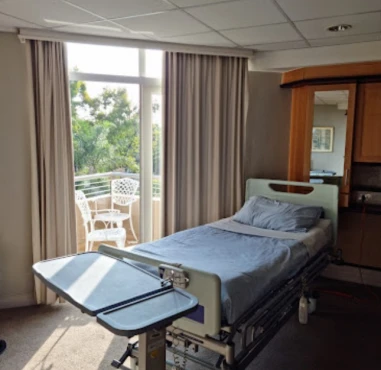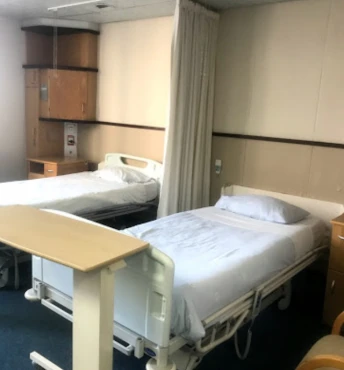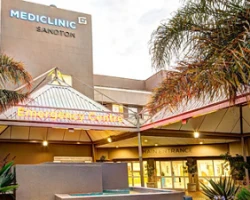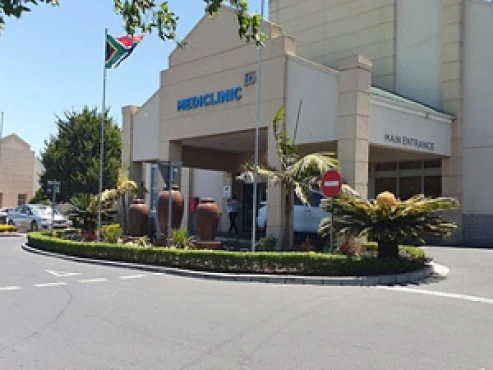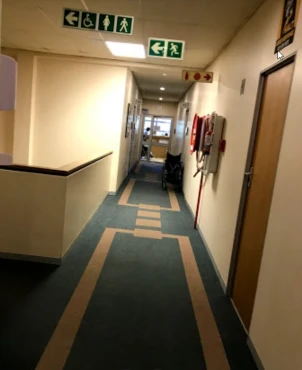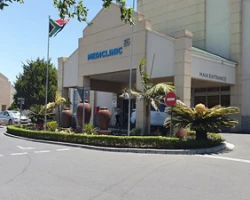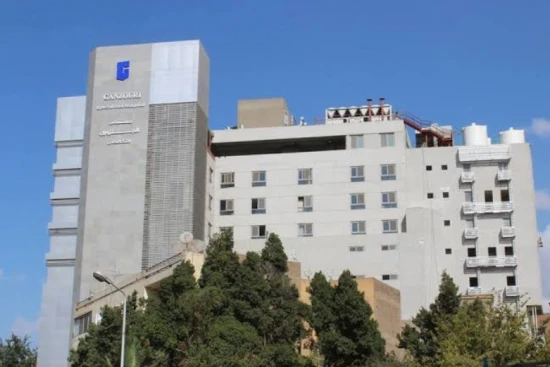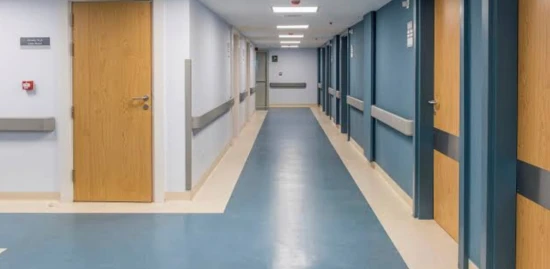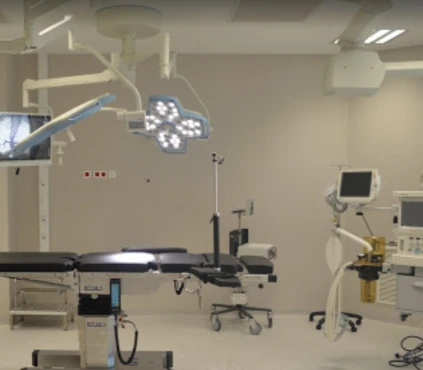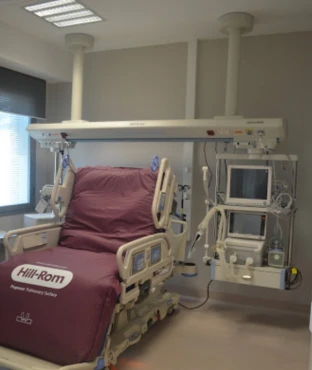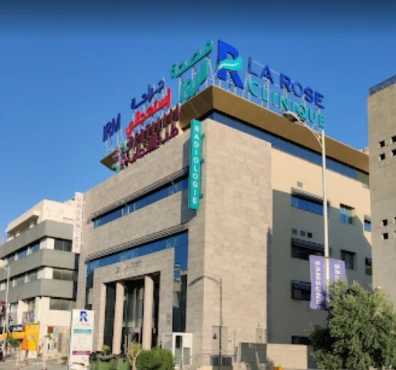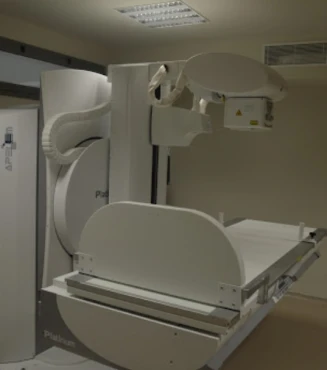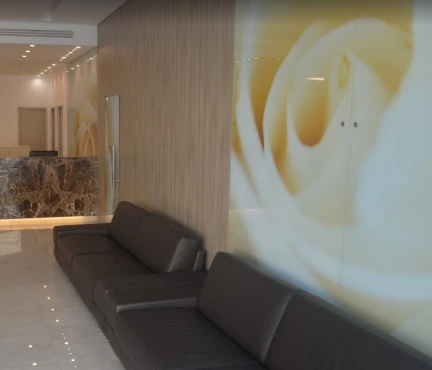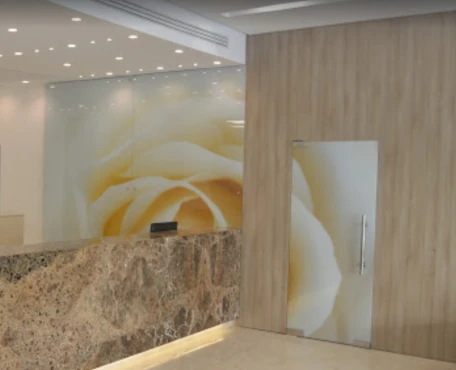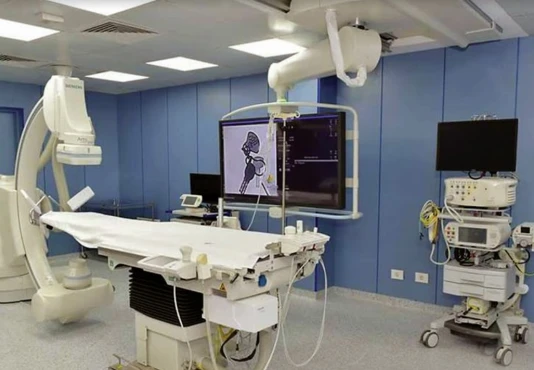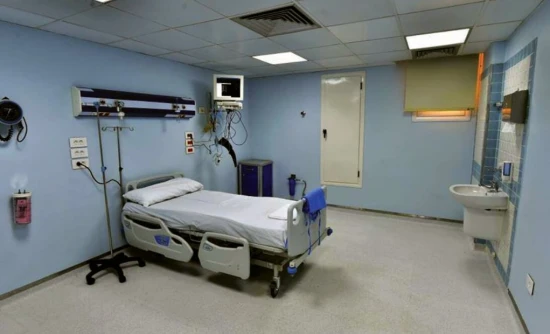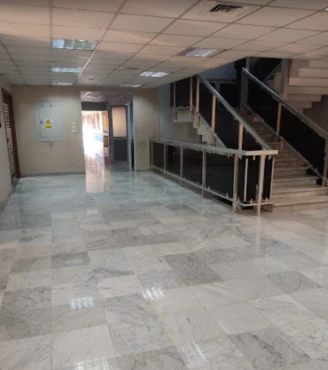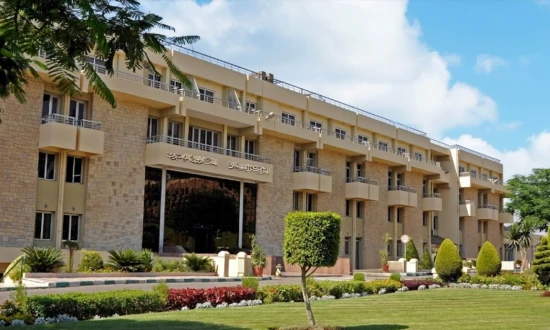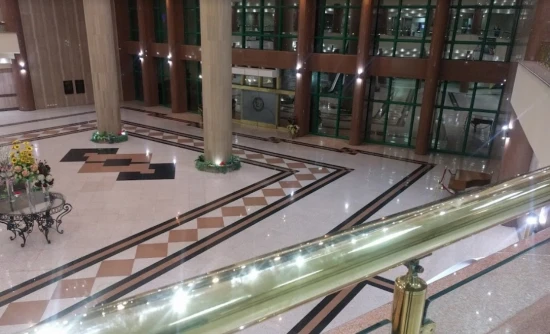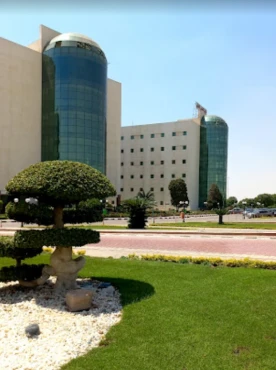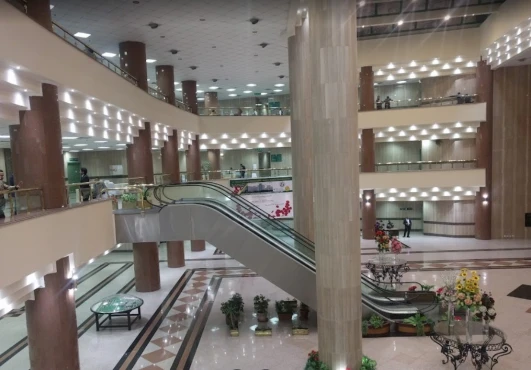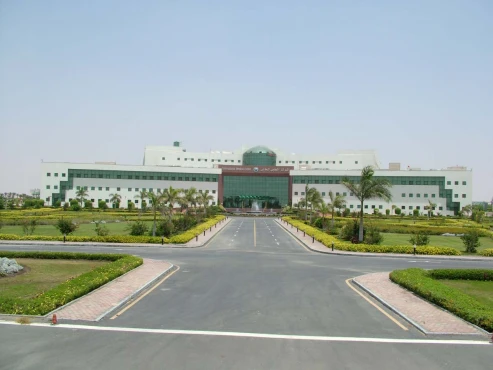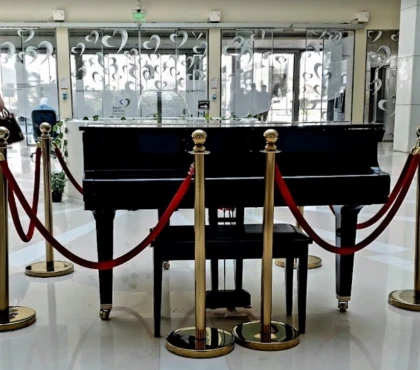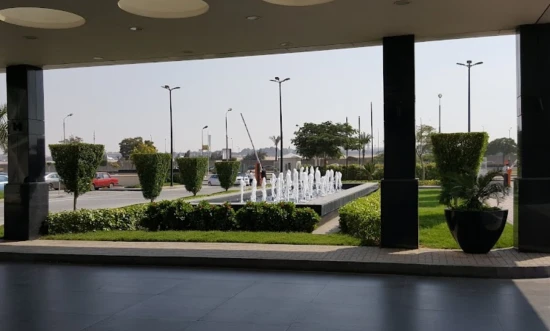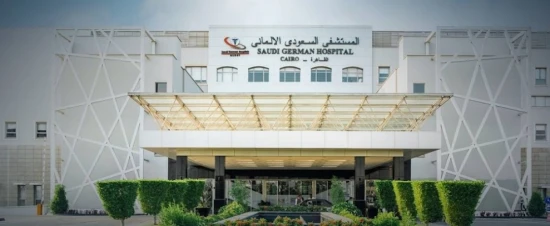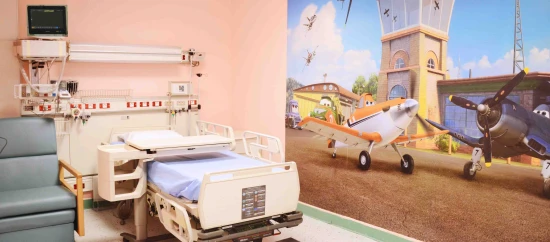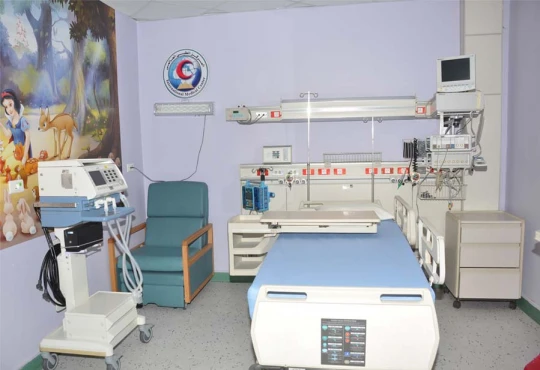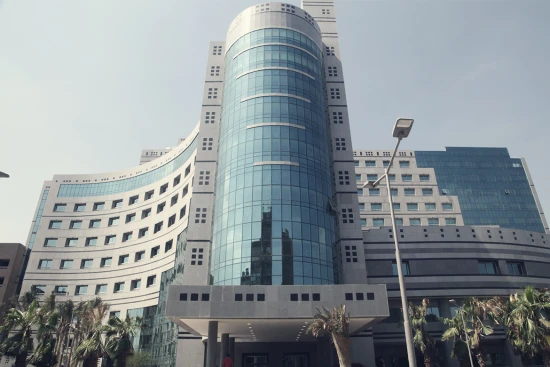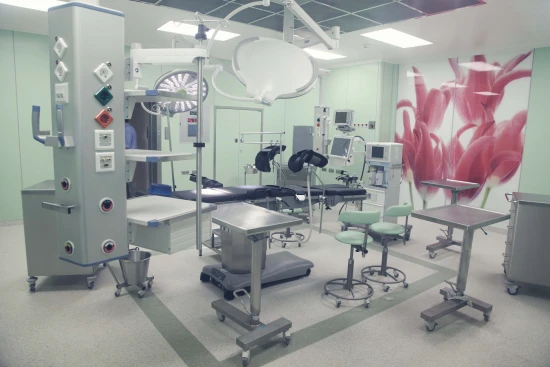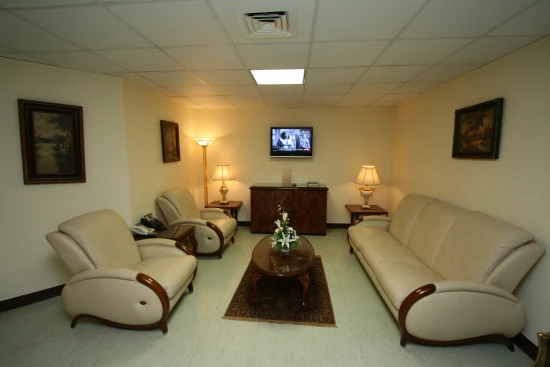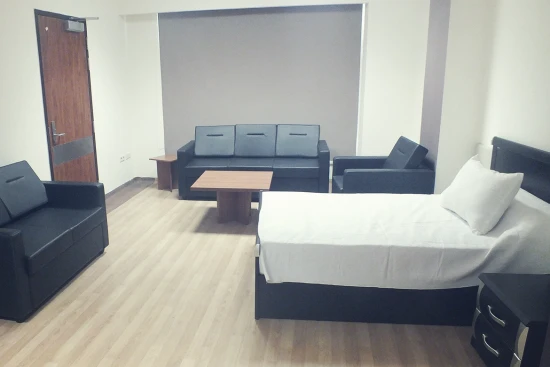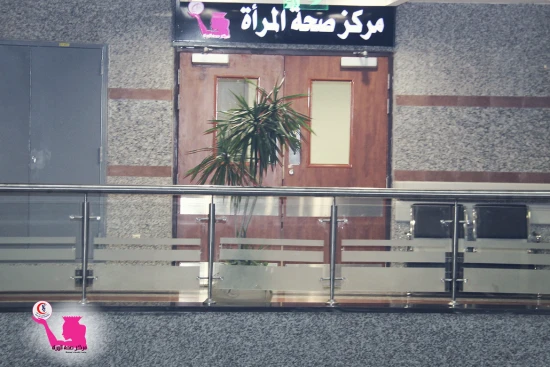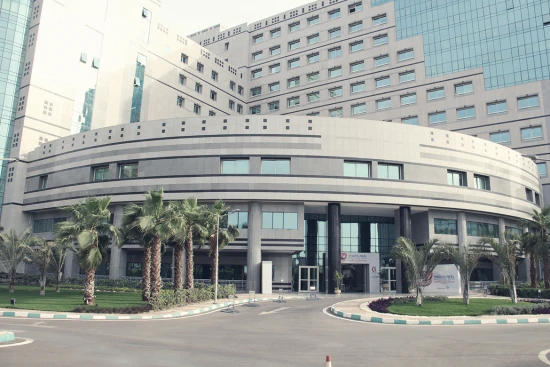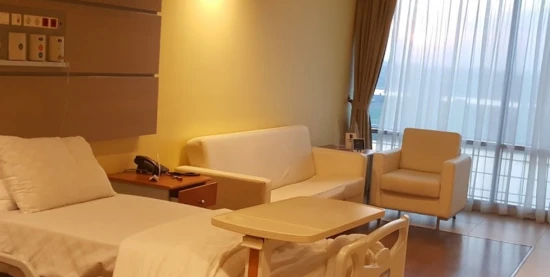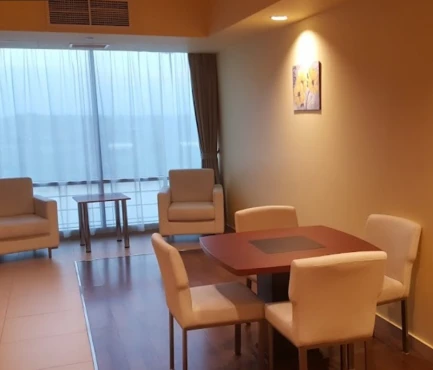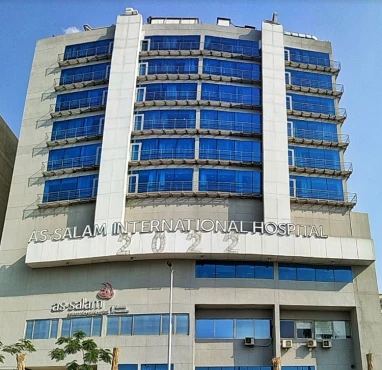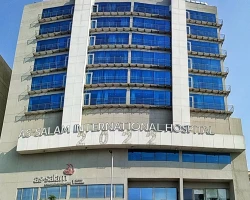Kidner procedure in 10 Orthopedic surgery clinics in Africa
10 clinics specializing in Orthopedic surgery providing
Kidner procedure
Kidner procedure involves the removal of an accessory navicular bone, a small bone on the inner side of the foot, to alleviate chronic pain or deformity. The procedure is typically done as an outpatient surgery.
Read more...
in Africa.
Sorted by:
Relevance
Rating
Cost of procedures
Relevance
Prices for selected procedures, total:
≈ $620
Prices for popular procedures:
Prices for selected procedures, total:
≈ $620
Prices for popular procedures:
Prices for selected procedures, total:
≈ $620
Prices for popular procedures:
Prices for selected procedures, total:
≈ $1,142
Prices for popular procedures:
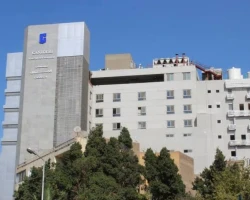
Cairo, Egypt
Specializations: Cardiac surgery, Vascular surgery, Thoracic surgery, Neurosurgery, Spine surgery, Orthopedic surgery, Oncology
Languages: Arabic, English
Ganzouri Specialized Hospital (GSH) is a private general hospital, operating & rendering services to our community for almost 50 years. Our hospital includes 8 highly
read more
Prices for selected procedures, total:
≈ $601
Prices for popular procedures:
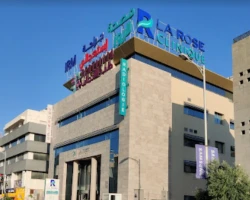
Tunis, Tunisia
Specializations: Vascular surgery, Thoracic surgery, Neurosurgery, Spine surgery, Orthopedic surgery, Oncology
Languages: Arabic, English
La Rose Clinic is the first clinic in Tunisia and Africa to sign an agreement with ACCREDITATION CANADA; the world’s leading accreditor of Francophone and
read more
Prices for selected procedures, total:
≈ $1,142
Prices for popular procedures:
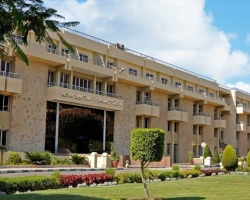
Cairo, Egypt
Specializations: Cardiac surgery, Vascular surgery, Thoracic surgery, Neurosurgery, Spine surgery, Orthopedic surgery, Oncology
Arab Contractors medical Center has been established in 1981 by Arab Contractors Company (Osman Ahmed Osman & Co.) as generous initiative of the guru, Eng.
read more
Prices for selected procedures, total:
≈ $1,142
Prices for popular procedures:
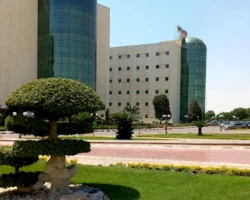
Cairo, Egypt
Specializations: Cardiac surgery, Vascular surgery, Thoracic surgery, Neurosurgery, Spine surgery, Orthopedic surgery, Oncology
We are committed to maintaining and improving the quality of healthcare provided to each patient, and to treating all individuals with Dignity and Respect. We
read more
Prices for selected procedures, total:
≈ $1,142
Prices for popular procedures:
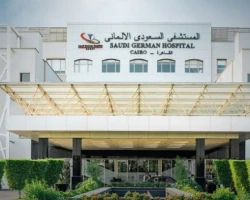
Cairo, Egypt
Specializations: Cardiac surgery, Vascular surgery, Thoracic surgery, Neurosurgery, Spine surgery, Orthopedic surgery, Oncology
Languages: English
SGH-Cairo is the first hospital of the group located in Africa; it is one of the major tertiary care hospitals in Cairo and Egypt. With
read more
Prices for selected procedures, total:
≈ $1,142
Prices for popular procedures:
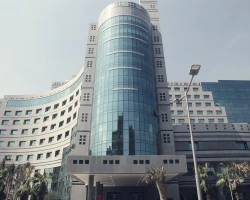
Cairo, Egypt
Specializations: Cardiac surgery, Vascular surgery, Thoracic surgery, Neurosurgery, Spine surgery, Orthopedic surgery, Oncology
Languages: Arabic
The hospital was founded on 1993 as Outpatient's clinics to offer Premium Diagnosis & Therapy, The Inpatient services and Wards was opened in 1997
read more
Prices for selected procedures, total:
≈ $1,142
Prices for popular procedures:
Procedure price distribution in Africa
Kidner procedure:
$607
This price found at
Clinique La Rose
in Tunisia, Tunis
$1,147
This price found at
International Medical Center, Cairo
in Egypt, Cairo
Minimum Average Maximum
Procedure prices in popular countries:
Kidner procedure:
Turkey
$1,182 - 1,182
in
29 clinics
Germany
$4,947 - 4,947
in
45 clinics
China
$5,559 - 5,559
in
6 clinics
United States
$6,233 - 6,233
in
23 clinics
Israel
$6,643 - 6,643
in
16 clinics
Countries with the highest number of clinics offering the procedures treatment:
Kidner procedure:
worldwide
769 clinics
United Kingdom
64 clinics
Germany
45 clinics
Brazil
33 clinics
Australia
31 clinics
Turkey
29 clinics
Clinics grouping by rating
Clinic with the highest rating of 4.6 — As-Salam International Hospital in Cairo, Egypt, clinic with the most reviews number of 6198 — As-Salam International Hospital in Cairo, Egypt.
With rating 4.0 and over — 5 clinics .

